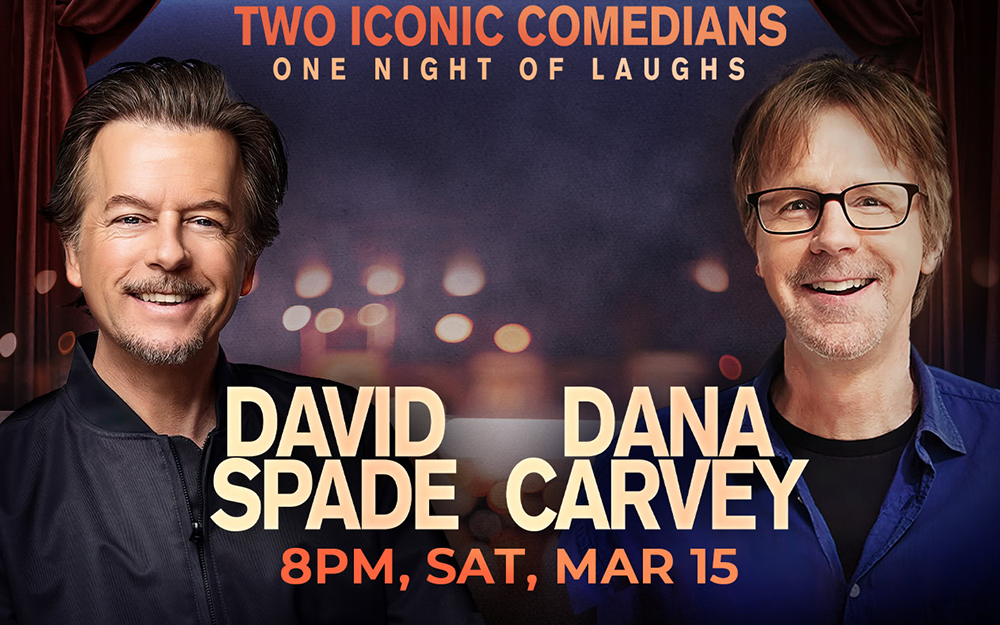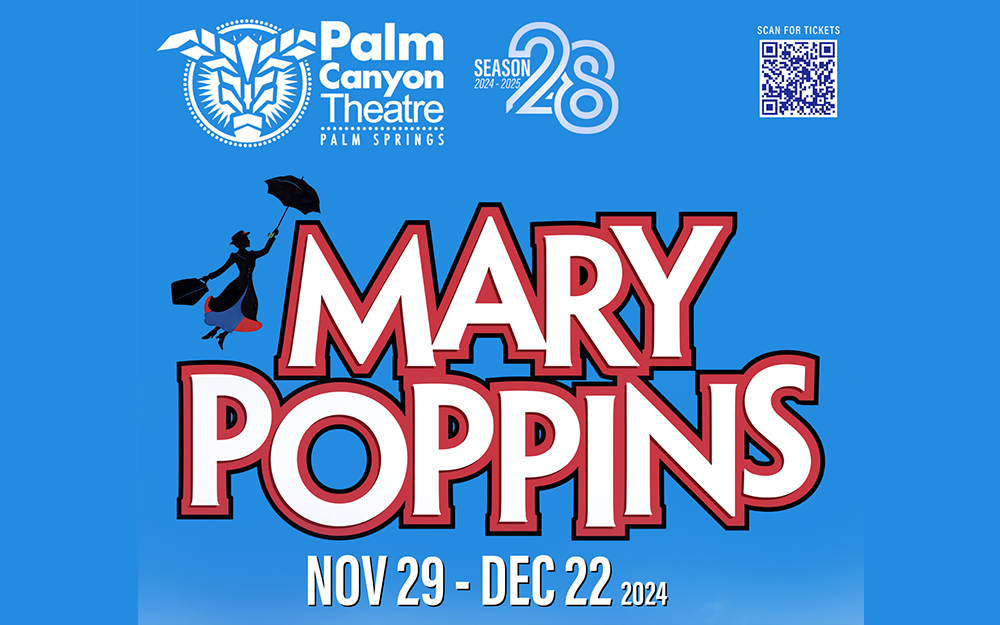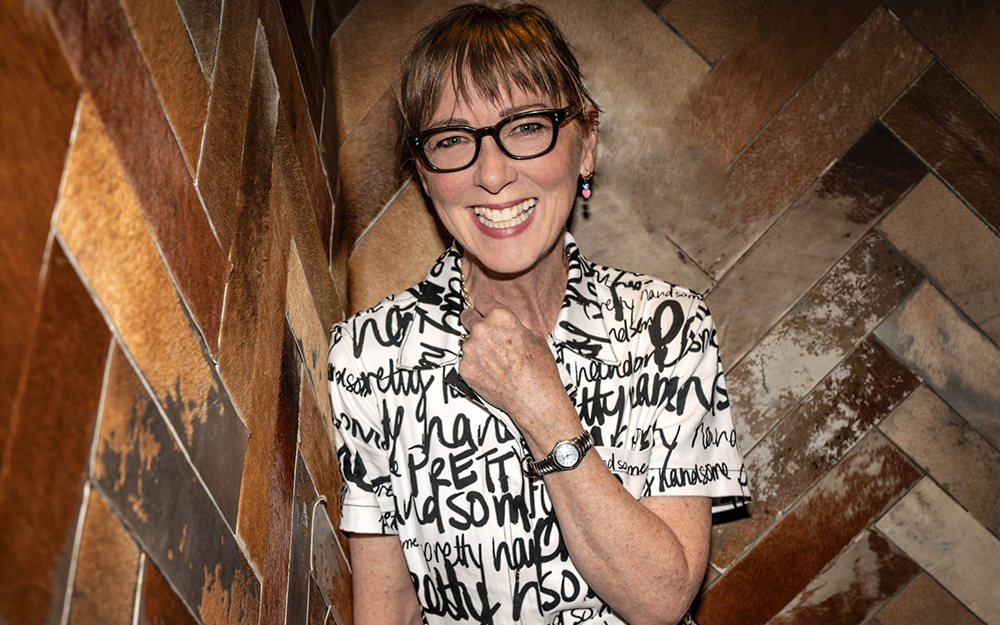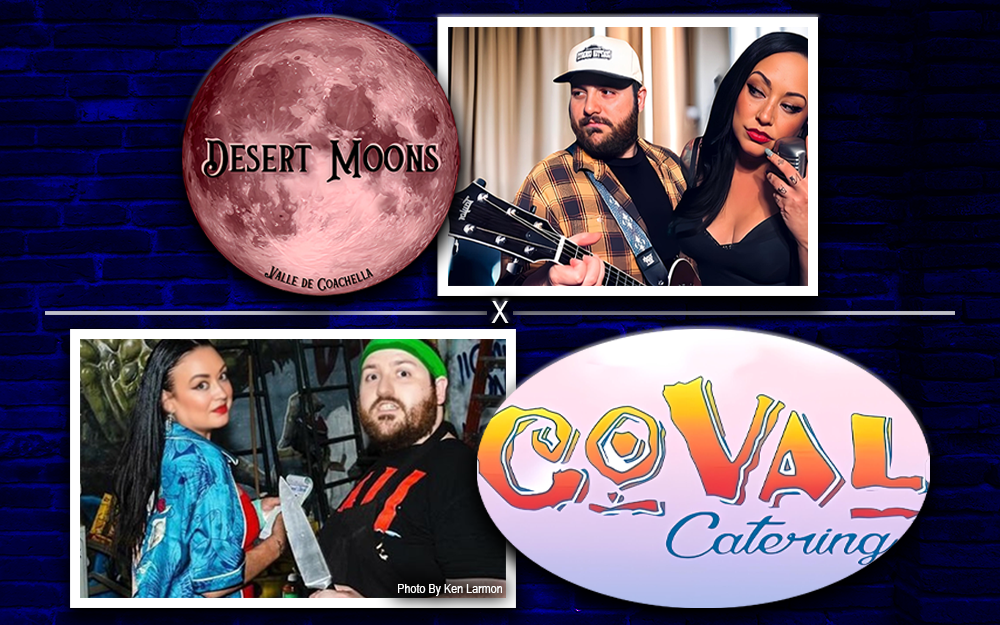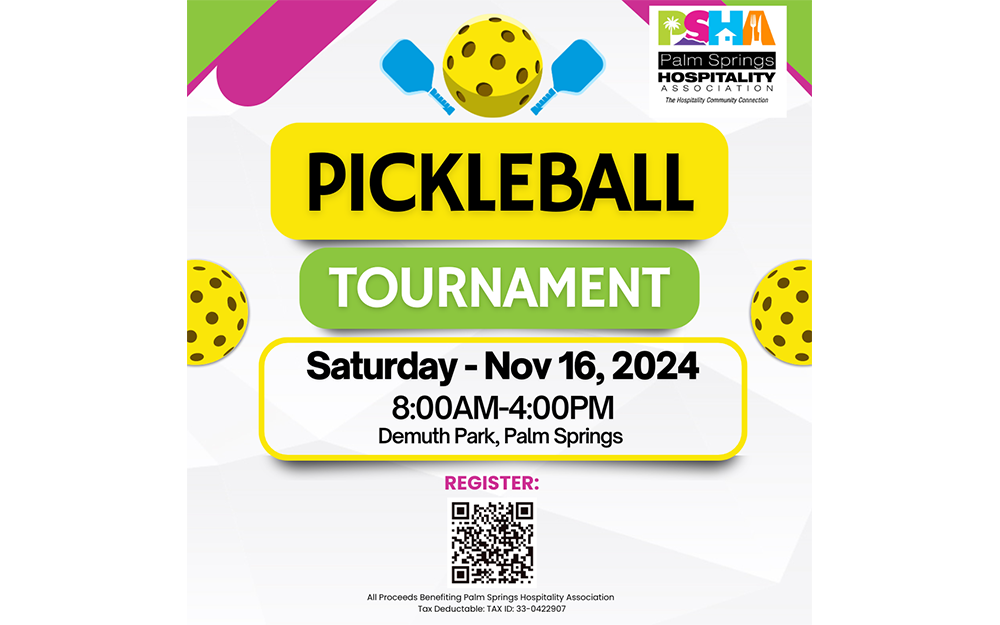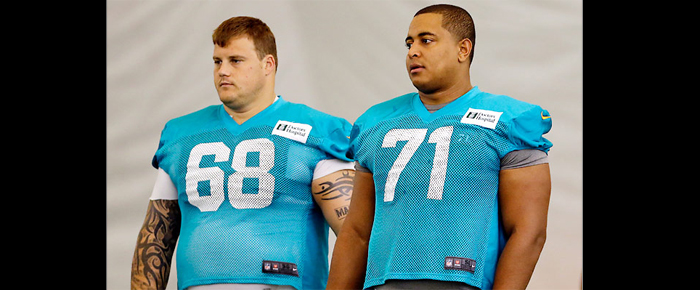
By Flint Wheeler
America is getting a rare unfiltered taste of NFL locker room culture in the wake of the Miami Dolphins harassment scandal. In a sport that takes often immature individuals, pays them like kings and sends them into violent battle each week, it can be a fine line that separates brotherhood from bullying.
“There are some realities inside that bubble that would appall people from the outside,” said former 49ers receiver Nate Jackson. “It’s hard to understand the context, the way people speak with each other when your job description is hand-to-hand combat on a daily basis. You get 50 to 60 guys in a locker room for hours on end, and crude ways of communicating develop. It’s hard to judge them from the outside when we see the text of a voice mail up on the screen.”
It was that racially charged voice mail sent by Richie Incognito to teammate Jonathan Martin that forced the Dolphins to suspend Incognito and the NFL to launch an investigation into what went so horribly wrong in Miami. Martin, in his second season out of Stanford, left the team because of these bullying incidents.
While Dolphins players backed their suspended teammate and maintained that Martin erred by not dealing with his problems in-house, others this week took the opportunity to shine a light on the harsh realities of the NFL workplace.
Jackson, who played seven years in the league, recently published the book “Slow Getting Up”, an unvarnished look at the league’s locker room culture. To him, what’s happening in Miami is of little surprise.
“If you show yourself to be vulnerable or weak or affected by teasing, the teasing gets louder until you develop an effective defense or you leave,” Jackson said. “It’s fascinating to people because it pulls back the curtain on the way things are. But it is the way things are.”
The controversy has provoked strong reaction from current stars, like Chicago Bears receiver Brandon Marshall, who proposed league-wide discourse on the topic of mutual respect. Some former players say it’s a problem that’s been festering for decades. Ex-Raiders quarterback Rich Gannon explained the behavior he saw when he arrived in Oakland in the 1990s: veteran players shaking down rookies for lump sums of cash, rookies being taped to the ground, covered with Icy Hot and punched.
“You take a little boy and a little girl. A little boy falls down; the first thing we say as parents is, ‘Get up. Shake it off. You’ll be OK. Don’t cry,'” Marshall, a former Dolphin, told the Chicago media.
“So right there from that moment, we’re teaching our men to mask their feelings, don’t show their emotions. And it’s that times 100 with football players; can’t show that you’re hurt and can’t show any pain. So for a guy that comes in a locker room and shows a little vulnerability, that’s a problem. That’s what I mean by the culture of the NFL. And that’s what we have to change.”
Noted sociologist Harry Edwards, a 49ers consultant for three decades, is well versed in NFL locker room culture, including its dark sides. He said he could see an incident like the one in Miami coming and warned Commissioner Roger Goodell in a one-on-one meeting, shortly after Goodell was appointed in 2006. He told him that with advancing technology such as Twitter and texting, locker room secrets would be exposed, and the only solution would be changing the culture.
For instance, Edwards proposed that the league put up signs in the locker room warning players about punishment for inappropriate behavior and language.
While some NFL players, including many in the Dolphins’ locker room, have placed more blame on Martin’s handling of the situation rather than Incognito’s behavior. Edwards believes Martin has done the league a huge favor.
Miami’s dirty locker room laundry — threatening and racially charged voice mails left by Incognito, mandatory offensive line meetings held at strip clubs — might be tough for outsiders to rationalize. But Jackson, the former 49er and Denver Bronco, said, “There are guys like that on every team who are alpha males in the locker room, who set the standard and are really tough, tease a lot of guys or have a real edgy sense of humor.”
“There’s kind of a pack-hunting mentality. If you see this person as the weak link, you poke at him.”
Just ask the New York Giants’ Prince Amukamara, who was dumped in a tub of ice water eight times against his will over the course of the 2011 season. One dunking, replete with veteran players shouting epithets at Amukamara and telling him to “stand up for yourself,” was captured on video and went viral. Which player ended up apologizing for the transgressions? The player who shot the video and put it on the Internet.
Some teams, like Miami, are still a long way from catching up — not only in dealing with Martin’s issues but how his teammates reacted when the revelations went public.
The actions of the NFL players are appalling and show that as a country, we’re still young and have a lot of growing up to do.




